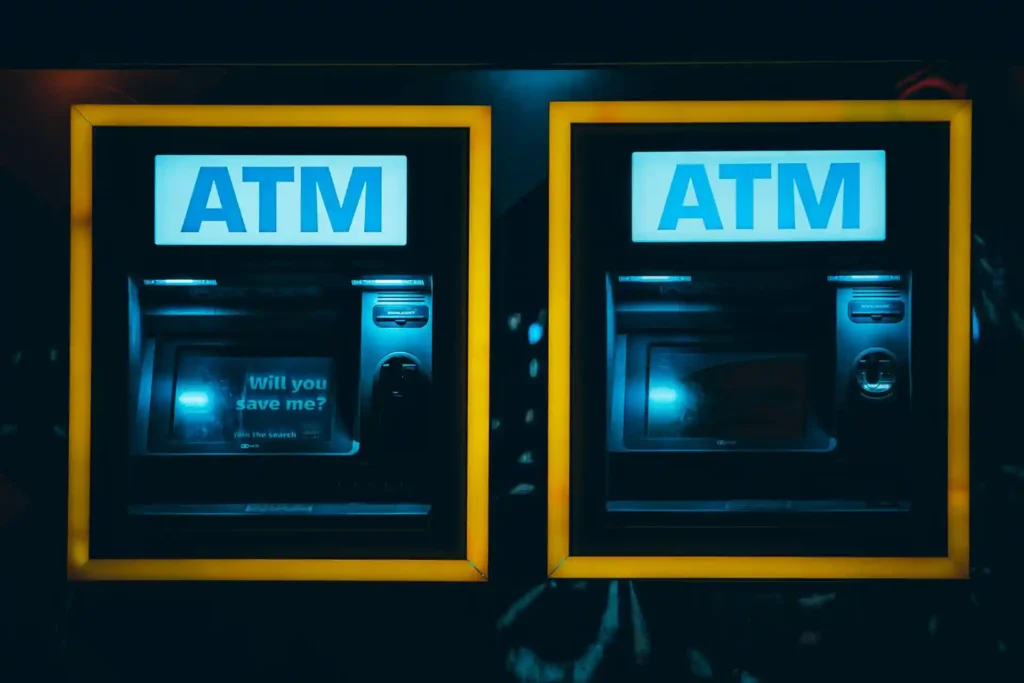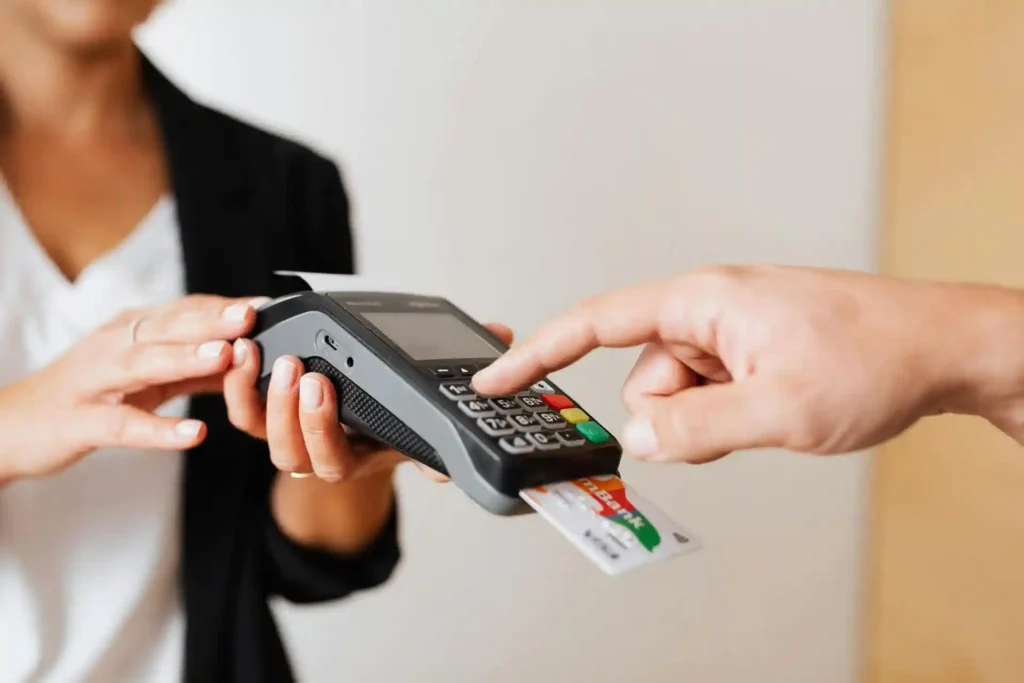Bali’s beaches, temples, and rice terraces may be what first catch your eye, but the secret to enjoying them without stress lies in something far less photogenic: the money in your pocket. Knowing how the Bali currency works can turn confusing price tags into quick decisions, help you spot a fair deal, and keep you from losing time or cash to simple mistakes.
Before you set foot in a market or order your first iced coffee, it’s worth unlocking a few tips that can make spending in Bali effortless.
What Currency Does Bali Use?
Bali, like the rest of Indonesia, uses the Indonesian rupiah. You will often see it written as Rp or IDR on price tags, menus, and receipts. The banknotes come in bright colours and range from Rp 1,000 to Rp 100,000, while coins are used for smaller amounts such as Rp 500 or Rp 1,000.
For visitors unfamiliar with the currency, the large numbers can be surprising at first. Even a simple snack or drink might appear to cost tens of thousands, but this is simply a reflection of how the rupiah is valued, not an indication that everything is expensive.
Understanding the Value of Rupiah
At first glance, prices in Bali can look intimidating. A simple cup of coffee might cost Rp 25,000, while a taxi ride across town could be Rp 150,000. The key is to remember the currency’s scale.
Those extra zeros do not automatically mean something is expensive. Many travellers find it easier to mentally drop three zeros to get a rough idea of the amount in their own currency.
Current Exchange Rates and How to Check Them
The rupiah’s value changes daily, so it’s worth checking the exchange rate before making any big transactions. Reliable sources include:
- Official Indonesian banks
- Currency converter apps
- Global finance websites
Avoid relying solely on outdated guidebooks or random online posts, as rates can shift noticeably in just a few weeks.
Best Ways to Get Rupiah in Bali
- Money changers – Look for authorised money changers with clear signage, transparent rates, and no hidden fees. Reputable ones often have air-conditioned interiors and official certification on display. Avoid small roadside booths offering unusually high rates.
- ATMs – Widely available in cities and tourist areas, ATMs are convenient but may have withdrawal limits and fees. Use machines attached to banks when possible, and check your bank’s overseas transaction policy before travelling.
- Banks – Larger Indonesian banks can exchange foreign currency, though the process can be slower and may require identification.

Source: Pexels
How Much Cash to Carry vs Card Payments
Cash remains the most reliable way to pay in Bali, particularly in traditional markets, at street food stalls, in small cafés, and when using local transport such as buses or ojeks. In these settings, card payments are often not available, and exact change can make transactions smoother.
Credit and debit cards are widely accepted in many hotels, restaurants, and larger shops, though some places may add a small processing fee. Carry both cash and cards to stay flexible, whether you’re buying fresh fruit at a roadside stall or paying for fine dining. You’ll always be ready.

Source: Pexels
Practical Tips and Money Etiquette in Bali
When handling money in Bali, it is wise to split your cash into different wallets or pockets so you are not carrying it all in one place. Always check your change, especially when paying with larger notes, as counterfeit bills are rare but still possible. You don’t have to tip, but leaving a small amount shows appreciation for good service, and rounding up the bill politely expresses gratitude.
In Indonesia, it is customary to hand money with your right hand or with both hands if possible. Use your right hand when giving or receiving items, as the left hand is considered impolite. Keep your banknotes flat and tidy. Shops and banks may reject crumpled or damaged notes.
Conclusion of Bali Currency
With a basic understanding of the Bali currency and a few practical tips, you will be well-equipped to enjoy your time without financial hiccups. Keep an eye on rates, carry a balance of cash and cards, and respect local etiquette. That way, you can focus on what matters most: soaking up the island’s beauty, culture, and warm hospitality. For a smoother trip, consider booking reliable transport with Ketut Bagong Rental. Where local expertise meets friendly service to make your journeys around Bali effortless.
